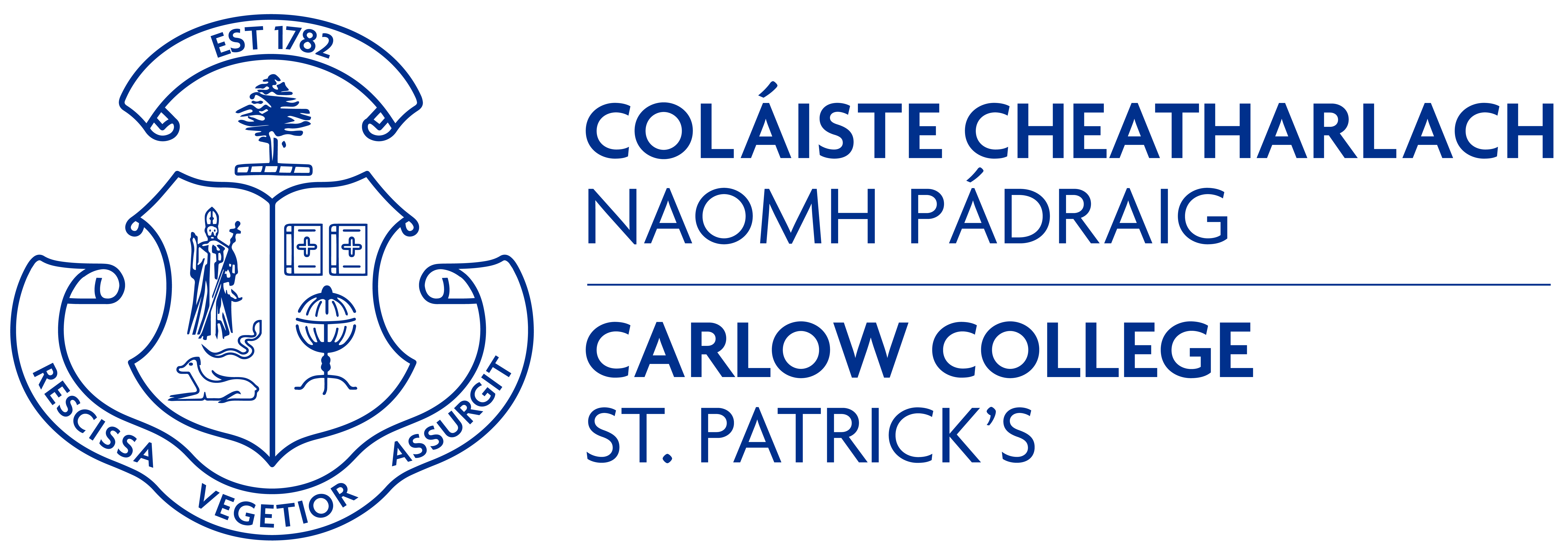M.A. in Irish Regional History
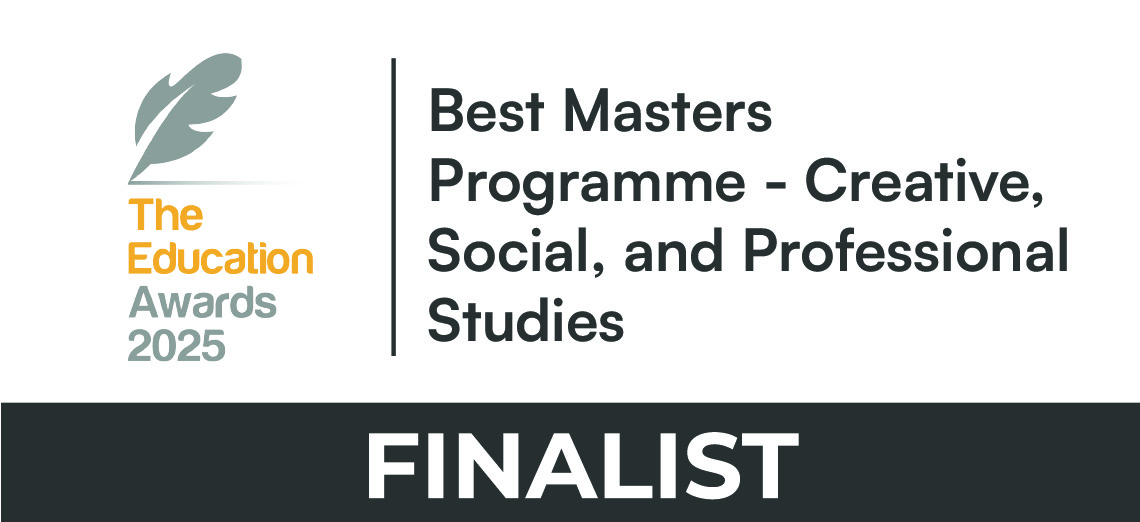
Level
9
Delivery
Blended
Duration
2 years
Fees
€5,000 + PEL
Start
September
Award
Major
Why Study This Course?
Unique
Only programme of its kind on the east coast of Ireland
'Doing' History
Focus is on ‘doing’ regional history, learning and debating cultural heritage, and practicing oral history
Flexibility
Part-time blended learning over two years. Two evenings per week - one on-campus and one online.

The Masters in Irish Regional History offers both a challenging and rewarding introduction into the advanced study of history by combining a range of taught modules with opportunities for independent research. The programme aims to produce historians who will find, preserve and communicate this history within the academic and public arenas, and gain employment in the fields of heritage, tourism, media and education.
The Masters in Irish Regional History is validated and awarded by the South East Technological University (SETU).
Upon completion of the course, students should be able to:
• Understand the significance of regional history, heritage and oral history
• Source and evaluate archival materials for the study of history
• Collect, interpret and present oral history in accordance with best practice standards
• Assess and analyse data and present research findings, particularly with reference to use of digital technologies
• Carry out research and study in the fields of regional history and cultural heritage
• Undertake a significant piece of independent, original, scholarly research in a specialist area of study
Programme Highlights
The Masters in Irish Regional History is distinctive in offering this regional, cultural and oral history aspect of its programme. Learning regional or local history can motivate learning about how the grand scheme of historical change has been made up of countless individuals and often ordinary people that contributed to a specific region.
Over the course of four semesters, students will take seven modules, culminating in the completion of a significant independent research project. Students will carry out research and study in the fields of regional history and cultural heritage that will have a focus on the south-east, but may submit research proposals and projects that relate to other Irish regions.
Key areas of study include:
• Economics, religion, culture and politics in medieval Ireland
• Insurgency, counter-insurgency and repression, secret societies, sectarianism
• Plagues and epidemics
• Irish emigrants embracing life in the USA
Watch our recent Online Information Session here
Delivery mode: On-site: 60% | Synchronous online: 40%
Each semester is 20 weeks, with two evenings per week from 6.30pm to 9.30pm for 12 weeks of lectures/seminars running from September to December and January to May, aside from the thesis which will encompass 32 weeks of mainly independent study/research.
Programme delivery will be as follows:
Semester 1: Tuesdays (on-site), Thursdays (synchronous online)
Semester 2: Tuesdays (synchronous online) and Thursdays (on-site).
In Year 2, there is only one night of classes on-site.
See our Blended Learning FAQs for more details.
Modules
- Exploring Historiography and Research Methods (synchronous online)
- Discourse and Dissonance: Themes in Regional History (on-site)
- Historical Research, Design and Practice (synchronous online)
- Stories from the Archives: Doing Irish Regional History (on-site)
- Cultural Heritage (synchronous online plus field trip)
- Revealing Hidden Voices: Oral History (on-site)
- Emerging Histories: Research Seminars(on-site)
- Thesis (independent research)
Assessments
A variety of assessment methods will be used including essays, case-studies, poster presentations, group project and presentation, podcast, digital portfolio and 20,000-25,000 word thesis.
The M.A. in Irish Regional History aims to provide graduates with the skills and expertise to pursue a range of professional pathways, for example:
• heritage agencies and centres;
• County Council Heritage Officers;
• museums and tourism;
• charities and NGOs;
• research positions in government agencies, and
• arts administration.
It is also a fantastic opportunity for professional development for those in the wider heritage sector.
Employability is not the only reason to acquire a postgraduate degree. Students also enjoy the chance to pursue their field of interest at a more advanced level, which can also lead to opportunity for further study or research opportunities.
Aoife O’Carroll | Secondary Teacher
Why did you choose Carlow College for your studies?
It was the Masters course that was provided which made me pick the college. Also when I watched the information Zoom lecture by the lecturers last year it really made up my mind. The lecturers really sold it to me and got rid of any doubts I had over starting the course.
What do you like most about the M.A. in Irish Regional History?
I am learning so much more than I thought I ever would plus it has open so many other areas of history that I never thought about before or was aware of.
The lecturers are very welcoming and helpful. The people in the library have been so helpful also and everyone is very friendly in the college.
Why would you recommend this course to others?
It is a safe environment to learn and feels a special place which is full of history. Everyone helps each other.
Entry Requirements
Hold a primary degree (Level 8) awarded at Second-Class Honours, Grade 2 (or equivalent)*
Applicants whose first language is not English must be able to provide evidence that their spoken and written level of English is adequate for successful participation in the programme
*Applicants who hold a degree at Level 8 with an award of pass or who hold a degree at Level 7 (or equivalent) may be considered with evidence of relevant career practice for a minimum period of three years or a portfolio of publication in historical or cognate studies.
In exceptional circumstances, applicants who do not hold a degree at Level 7 or Level 8 on the NFQ may be considered for entry subject to evidence of relevant career practice for a minimum period of 8 years or who can evidence a substantial portfolio of publication in historical or cognate studies.
Applicant’s must be resident in Ireland.
Please Note: As all postgraduate programmes are offered on a part-time basis, they are not approved programmes on the Interim List of Eligible Programmes (ILEP). If you require a visa to study in Ireland, you are not eligible to apply for postgraduate study with Carlow College, St. Patrick’s. For the list of eligible full-time programmes in Ireland, visit the Department of Justice website.
Fees
Tuition fees: €2,500 per year
Protection of Enrolled Learning (PEL): €150
Full details on fees is available here
Applications
Applications are currently being accepted for the September 2025 intake via our Postgraduate Applications section.
Closing date: Late applications will be accepted until places are filled.
To apply, you will need to upload the following with the Postgraduate Application Form:
- Official transcripts for all Level 8 (or above) qualifications held – a full transcript of your results across the various stages of your degree
- Official certificates/documentation in relation to education/training completed which is relevant to the programme
- Personal Statement–minimum 300 words outlining your reasons for undertaking the chosen course.
- Written reference outlining your suitability for the programme applied for Intellectual qualities, including; professional and educational developments; present performance; personal qualities; career aspirations; and, research/study interests.
- If English is not your first language, you’ll need to provide proof of English Language Proficiency
Please ensure to include your name in the file name of all documents you upload.
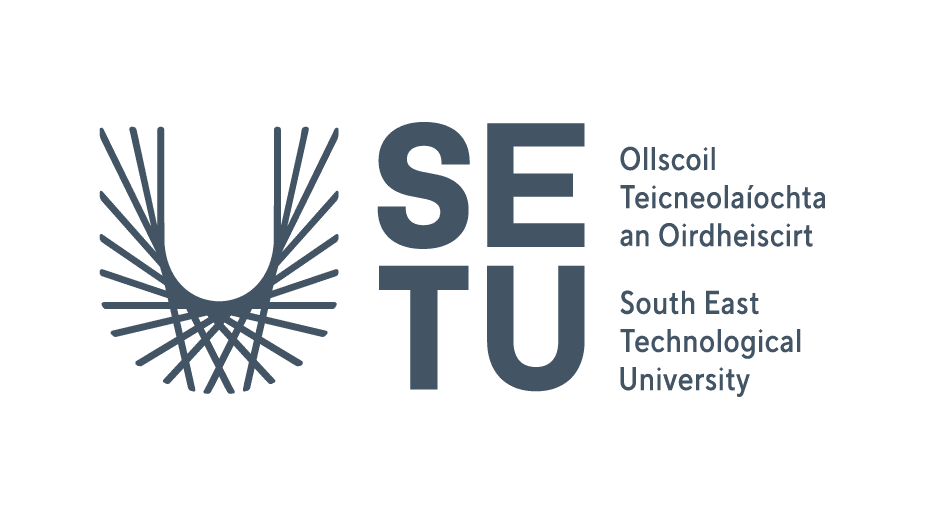
The M.A. in Irish Regional History
is validated by the South East Technological University.
Our History Team

Dr Elaine Callinan
Elaine is a a first-class honours M.Phil. in History graduate from Trinity College Dublin. She completed her Ph.D. study on ‘Electioneering and Propaganda in Ireland, 1917-1920’ in Trinity College Dublin under the supervision of Professor David Fitzpatrick. The focus of Elaine’s research is to examine how politicians and political parties campaigned in elections in Ireland just before the foundation of the Free State.
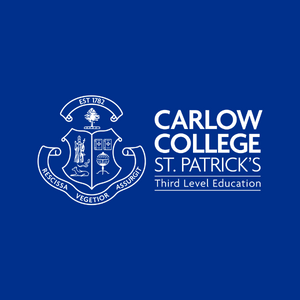
Dr Ida Milne
Ida's PhD research (TCD 2011) and monograph were on the social, political and medical impact of the 1918-19 influenza pandemic. She was awarded an Irish Research Council Marie Sklowodska Curie Actions Elevate fellowship in 2014-18 (Maynooth University and Queen’s University Belfast), for a project exploring the impact of infectious diseases of childhood on Irish society over the course of the 20th century.

Dr Regina Donlon
Regina’s doctoral research used comparative and transnational methodologies to explore German and Irish immigration to the American Midwest in the second half of the nineteenth century. In 2014 she was awarded a prestigious Irish Research Council Post-Doctoral Research Fellowship in the Moore Institute at NUI Galway for a project entitled ‘The Tuke Irish in Minnesota: transnational analysis of assisted emigration to the American Midwest, 1880-1930’.
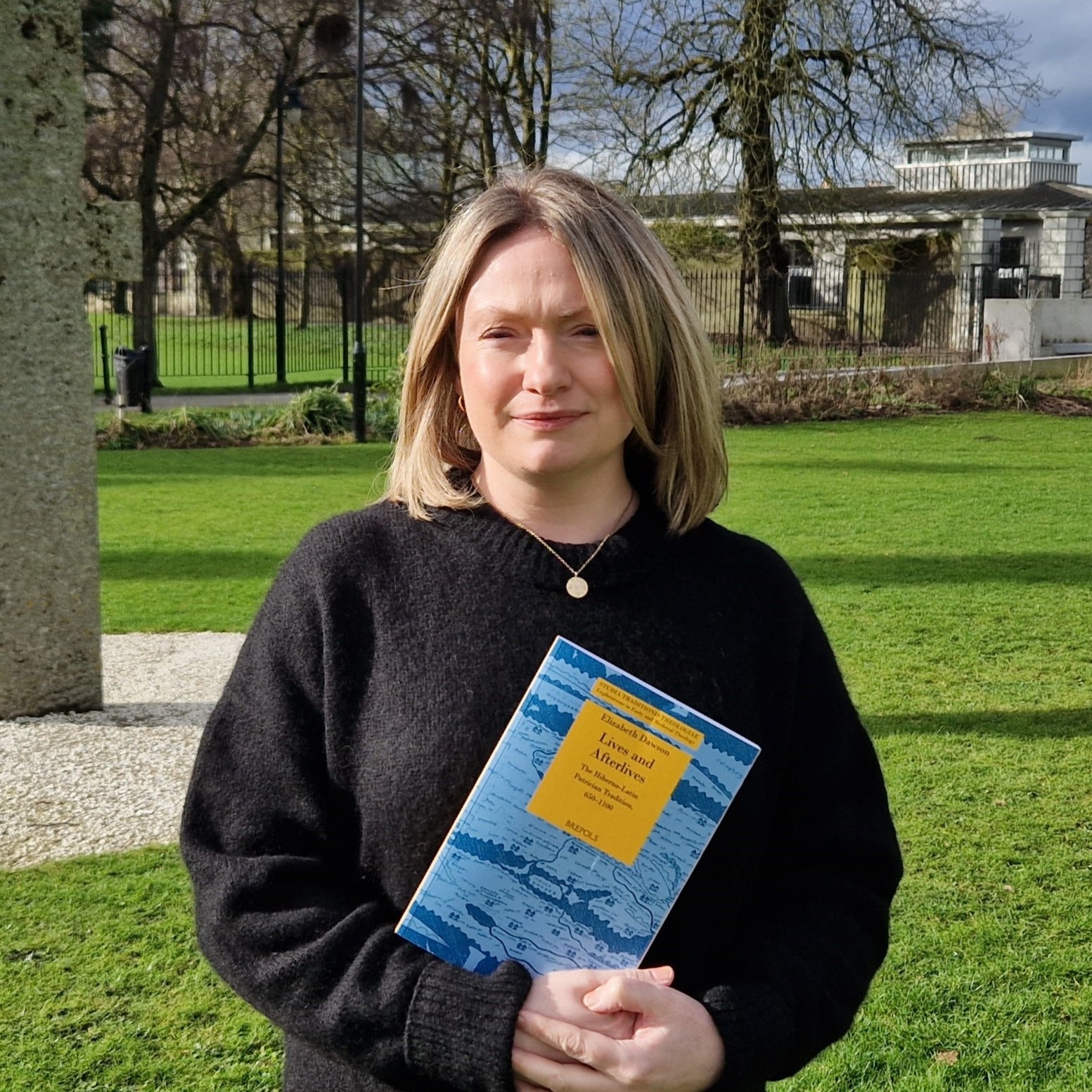
Dr Elizabeth Dawson
Elizabeth is a medieval historian with an expertise the early medieval history of Ireland. She has lectured at University College Dublin, Queen’s University Belfast and most recently, Carlow College, St. Patrick’s. She has been the recipient of numerous awards including the NUI Grant for Early Career Academics and IRC postdoctoral fellowship, and has worked with the Discovery Programme, the UCD Mícheál Ó Cléirigh Institute and the Royal Irish Academy.
Course Contact

